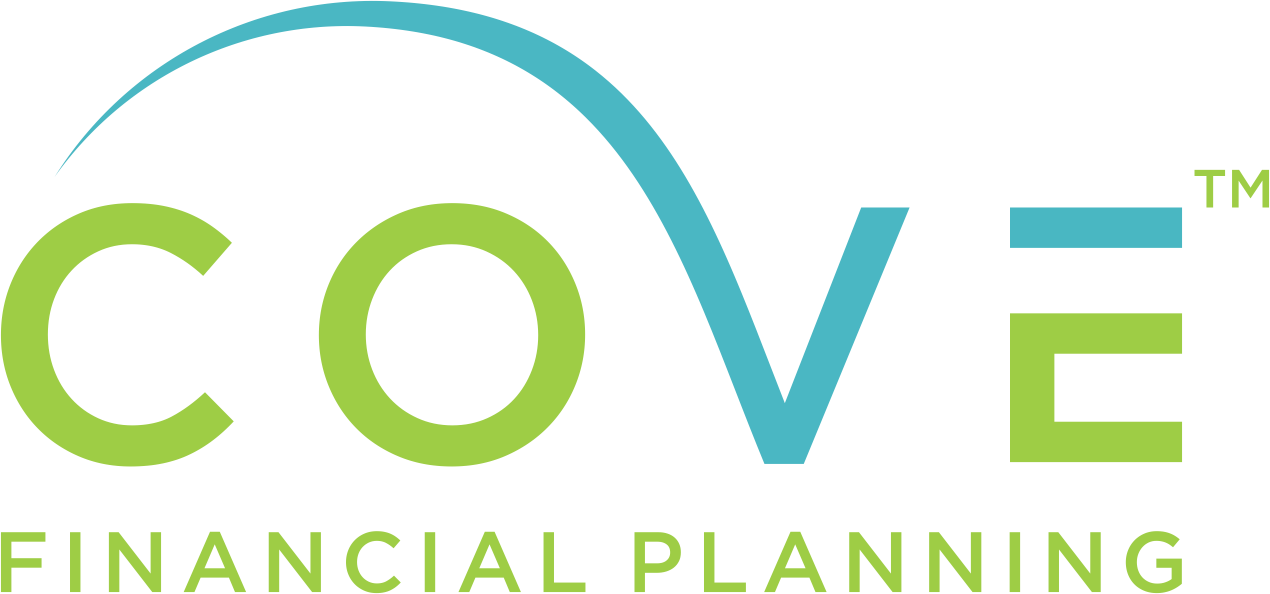Your Money in Trump's Second Term
As Donald Trump gets settled into his second Presidential term, many investors are evaluating how his policies could impact their financial plans, investment portfolios and the economy at large.
We’ve already seen major announcements related to tariffs, government spending and student loans.
In this article, I break down six key areas in which his policies could impact your financial plan and what you can do to prepare.
1. Tariffs and Trade Policies
One of Trump’s hallmark policies in his first term was imposing tariffs on imports, particularly from China.
He has already discussed imposing tariffs on China, Mexico and Canada. If similar policies play out, we could see:
Increased costs for goods, leading to higher inflation (yet again)
Stock-market volatility as companies react to changing trade conditions
Potential investment opportunities in domestic industries that benefit from reduced foreign competition
Tariffs can act as a double-edged sword: while they may protect certain domestic industries, they also increase costs for businesses reliant on foreign imports.
If a U.S. company sells goods in America, for example, it’s likely some their raw materials may come from non-U.S. companies which could raise the cost of manufacturing/distribution if tariffs are imposed.
These companies need to pass the cost to someone! We as consumers may bear the brunt of these cost increases.
This often results in higher consumer prices, potentially fueling inflation. If trade tensions escalate, companies that depend on global supply chains—such as technology firms and automakers—may experience revenue declines, affecting stock performance.
However, industries like defense, domestic manufacturing and infrastructure may benefit.
Potential Action Items:
Consider making planned, big-ticket consumer purchases (like home appliances, cars, etc.) sooner rather than later to potentially save money
Ensure your portfolio is diversified to mitigate the risks of trade-related volatility
Consider investing in sectors that may benefit, such as U.S.-based manufacturing and infrastructure
2. Inflation and Interest Rates
Inflation was a major issue post-pandemic, and Trump’s economic policies could influence it further. Potential impacts include:
Increased federal spending leading to higher inflation
Potential Federal Reserve responses, including rate hikes, which could impact borrowing costs
A stronger or weaker U.S. dollar, affecting international investments
During his first term, Trump focused on economic stimulus and tax cuts which contributed to strong economic growth but also increased the federal deficit.
If similar policies continue, we could see inflation persist or even rise. In response, the Federal Reserve may adjust interest rates, impacting everything from mortgage rates to bond yields.
Potential Action Items:
Reassess your emergency savings to navigate potential periods of high inflation
Maintain a well-diversified portfolio that includes inflation-hedging assets such as TIPS (Treasury Inflation-Protected Securities) and real assets
Reevaluate your bond holdings to ensure they align with potential interest rate changes
3. Stock-Market Volatility
Markets often react to uncertainty, and a second Trump term has already brought market fluctuations due to policy shifts and trade tensions. Historically, markets have performed well under various administrations, but volatility is inevitable.
Some of Trump’s proposed policies, such as corporate-tax cuts and deregulation, could boost business profitability which may drive stock-market growth. However, increased tariffs or an aggressive stance toward the Federal Reserve could create continued market instability.
Potential Action Items:
Stick to your long-term investment strategy rather than making reactive market decisions
Use potential market downturns as opportunities to invest more (if your time horizon warrants it), tax-loss harvest and rebalance
If nearing retirement, ensure your portfolio has enough stability (fixed income) to weather short-term fluctuations
I believe it’s not more important that ever to stay the course and remain invested for the long term.
4. Tax-Policy Changes
During Trump’s term, we saw the Tax Cuts and Jobs Act (TCJA) of 2017 which lowered individual and corporate-tax rates.
In his second term, Trump may seek to extend or modify these cuts. Potential changes could include:
Continued lower-individual tax rates
Extended estate-tax exemption
Corporate-tax reductions that could impact stock valuations
A potential repeal of Biden-era tax credits for renewable energy investments
Additionally, Trump has expressed interest in eliminating taxes on tips, overtime pay and Social Security benefits.
High-net-worth individuals could benefit from extended estate-tax exemptions, while business owners may see favorable changes in corporate-tax rates.
However, these cuts would likely increase the budget deficit—if not accounted for on the spending side—which could lead to other economic consequences.
Potential Action Items:
Review your financial plan in light of potential income-tax changes
Consider Roth conversions while tax rates remain low
Reassess your estate plan with the scheduled sunset of the higher federal Estate-Tax Exemption
Don’t forgot to check out Important 2025 Tax Numbers.
5. Mortgage Rates and the Housing Market
Trump’s administration could indirectly influence mortgage rates based on fiscal policies, inflation and Federal Reserve actions. Key considerations include:
Potentially higher mortgage rates if inflation remains elevated
Market shifts in housing demand based on tax incentives or regulatory changes
Possible privatization of Fannie Mae and Freddie Mac which could impact mortgage accessibility and rates
Privatizing Fannie Mae and Freddie Mac could reduce government backing for mortgage lenders which may lead to higher interest rates and more stringent lending criteria.
Homebuyers and real-estate investors should prepare for potential changes in borrowing costs.
Potential Action Items:
Lock in lower mortgage rates if you plan to buy or refinance
If investing in real estate, ensure rental income can cover potential higher costs
Consider your home equity as part of your overall wealth strategy
6. Student Loans
We’ve already seen a shift in student-loan policies away from Biden-era forgiveness programs and income-driven repayment plans.
Trump has been critical of widespread student-loan forgiveness, suggesting that borrowers should be responsible for repaying their debts without extensive government intervention.
This stance indicates that many of the relief measures introduced under the Biden administration—including the SAVE Plan (now in forbearance and under regulatory scrutiny) and expanded-loan forgiveness for public service workers—could be rolled back or discontinued.
Potential impacts include:
End of loan forgiveness programs with Biden’s efforts to provide relief through targeted forgiveness likely being halted
Revised Income-Driven Repayment Plans favoring shorter repayment terms with higher monthly payments
Higher costs for borrowers if support for subsidized interest-rates decreases
Potential Action Items:
Reevaluate your repayment plan if you are currently enrolled in an income-driven repayment plan, as it may be beneficial to reassess whether a different repayment strategy would be more advantageous under a potential policy shift
Consider accelerating payments if forgiveness programs are phased out, as paying down student loans more aggressively while interest rates remain manageable could be a wise strategy
Do you have questions about your financial plan or investment portfolio with all the headlines following Trump’s second term? Reach out to me at Ben@coveplanning.com or schedule a free consultation call.
Sign up for Cove’s Build Your Wealth Newsletter to stay informed with the latest personal finance insights!
Ben Smith is a fee-only financial advisor and CERTIFIED FINANCIAL PLANNER™ (CFP®) Professional with offices in Milwaukee, WI, Evanston, IL and Wayzata, MN, serving clients virtually across the country. Cove Financial Planning provides comprehensive financial planning and investment management services to individuals and families, regardless of location, with a focus on Socially Responsible Investing (SRI).
Ben acts as a fiduciary for his clients. He does not sell financial products or take commissions. Simply put, he sits on your side of the table and always works in your best interest. Learn more how we can help you Do Well While Doing Good!
Disclaimer: This article is provided for general information and illustration purposes only. Nothing contained in the material constitutes tax advice, a recommendation for purchase or sale of any security, or investment advisory services. I encourage you to consult a financial planner, accountant, and/or legal counsel for advice specific to your situation. Reproduction of this material is prohibited without written permission from Ben Smith, and all rights are reserved. Read the full Disclaimer.


